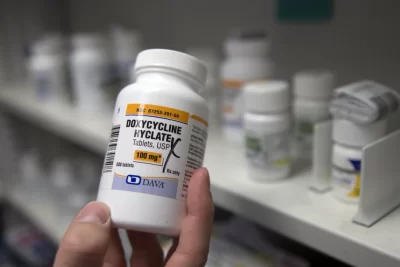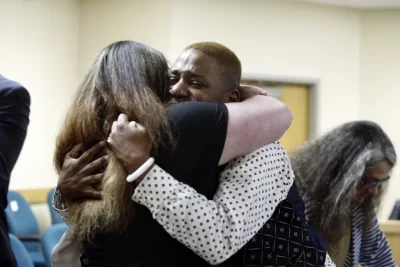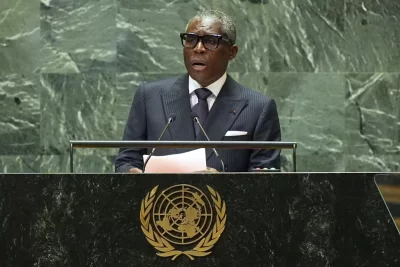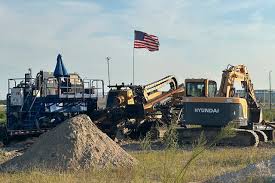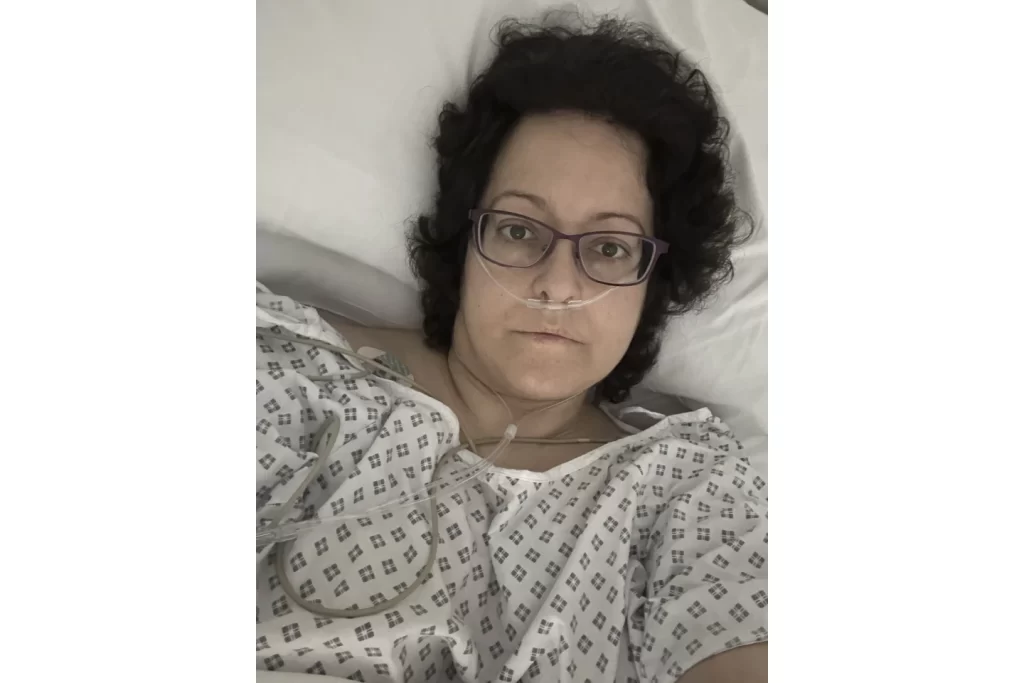
LONDON — For Anna Gittins, three months would have spelled the difference between life and death.
The elementary school principal from Hereford in western England was shocked when she found out she had advanced colorectal cancer in 2022. But when she contacted her local hospital, she was told no one would be able to see her for three months “due to high demand and low capacity of senior doctors.”
“I’ve just been diagnosed with stage 4 bowel cancer, metastasized to my liver. I don’t have three months to wait,” she said, using another term for colorectal cancer. She was just 46.
Gittins had access to private health care and has since undergone surgery and chemotherapy. “I consider myself so lucky, but there are so many people who will die needlessly when more prompt treatment would help them,” she said. “And that’s not fair. Not in a country like ours.”
Gittins is among thousands of people with cancer let down by Britain’s National Health Service, a once revered institution now widely seen to be in acute crisis due to years of underfunding and staff shortages.
Waiting times to diagnose and treat cancer across the U.K. have worsened in recent years and are near record highs — and experts say too many cancers are diagnosed too late. Experts warn the burden of cancer will grow as the country’s population ages.
Palace officials’ recent announcement that King Charles III has been diagnosed with cancer has highlighted the issue. Officials didn’t say what form of cancer Charles has, only that it was discovered during a recent corrective procedure for an enlarged prostate.
The 76-year-old monarch’s decision to openly share his cancer diagnosis was widely praised, and experts said it was a powerful reminder that cancer affects 1 in 2 people in the U.K. The news triggered a “King Charles effect” — immediately boosting visits to cancer information and support websites nationwide.
But many couldn’t help compare the swift treatment Charles received, days after he was diagnosed, with how ordinary Britons fare at public hospitals. Public health officials aim for 75% of patients with suspected cancer to receive a diagnosis within four weeks of a doctor’s urgent referral. They also say 85% of cancer patients should wait less than two months for their first cancer treatment.
But the last time all such waiting time targets were met in England was in 2015, experts say, and the delays are even worse in poorer parts of the country like Northern Ireland.
One in three patients in the U.K. are waiting more than two months to start treatment after an urgent referral for cancer assessment, according to the independent think tank Nuffield Trust. In total, 225,000 people have waited too long since 2020, Radiotherapy U.K. says.
Survival for common cancers in the U.K. consistently lags behind countries with similar universal health care systems and per capita spending on public health, a recent report by the charity Cancer Research U.K. found.
Apart from longer waits, people with cancer in the U.K. also received less chemotherapy and radiotherapy treatment than countries such as Canada, Australia, Denmark and Norway, another study by the charity said.
“It’s quite worrying that we treat less in the U.K. than in comparable countries. For lung cancer, for example, 28% of patients get chemo in the U.K. In Norway it’s 45%,” said Naser Turabi, director of evidence and implementation at Cancer Research U.K.
Turabi pointed to lack of investment in both equipment and specialist staff in the past 15 years, resulting in the U.K. ranking near the bottom among 36 developed countries for its number of CT and MRI scanners.
“We know we have an aging population, but there’s no specific commitment from the government to meet the demand that we know is coming,” he said. “We can’t even provide online bookings for screening appointments. The digital infrastructure is 20 years out of date.”
Kathy McAllister, a cancer survivor, is so frustrated with the NHS inefficiencies that she has retrained as a cancer awareness campaigner.

